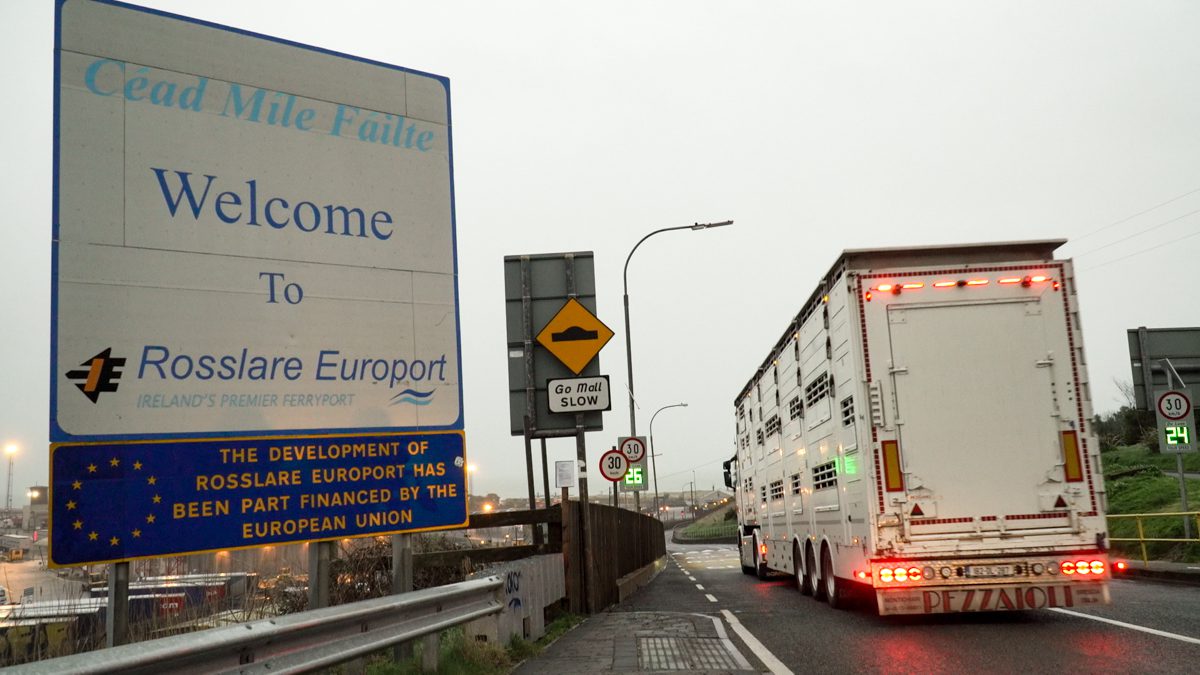The European Commission has outlined its intention to revise its animal welfare legislation – including on live animal transport.
The development emerged in the European Commission’s newly-published Farm to Fork strategy – a policy document considered central to the EU’s Green Deal – which is aimed at driving the bloc towards climate/carbon neutrality by 2050.
Under its section on antimicrobial resistance – which details the commission’s proposal to reduce overall EU sales of antimicrobials (of which antibiotics are a sub-category) for livestock by 50% by 2030 – it is a further indication of plans to address some member state’s “ambiguity” on animal welfare over the coming years.
The text states the following: “Better animal welfare improves animal health and food quality, reduces the need for medication and can help preserve biodiversity. It is clear that citizens want this.
“The commission will revise the animal welfare legislation, including on animal transport and the slaughter of animals, to align it with the latest scientific evidence, broaden its scope, make it easier to enforce – and ultimately ensure a higher level of animal welfare.
“The commission will also consider options for animal welfare labelling to better transmit value through the food chain,” the section concludes.
Next steps
The European Commission will now invite the European Parliament and the European Council to endorse its Farm to Fork Strategy and its Biodiversity Strategy and its commitments therein.
All citizens and stakeholders are also invited to engage in a broad public debate.
The European Green Deal is underpinned by the goal of halting and reversing biodiversity loss by transforming the EU’s food systems, forest, land, water and sea use – as well as energy, urban and industrial systems.
